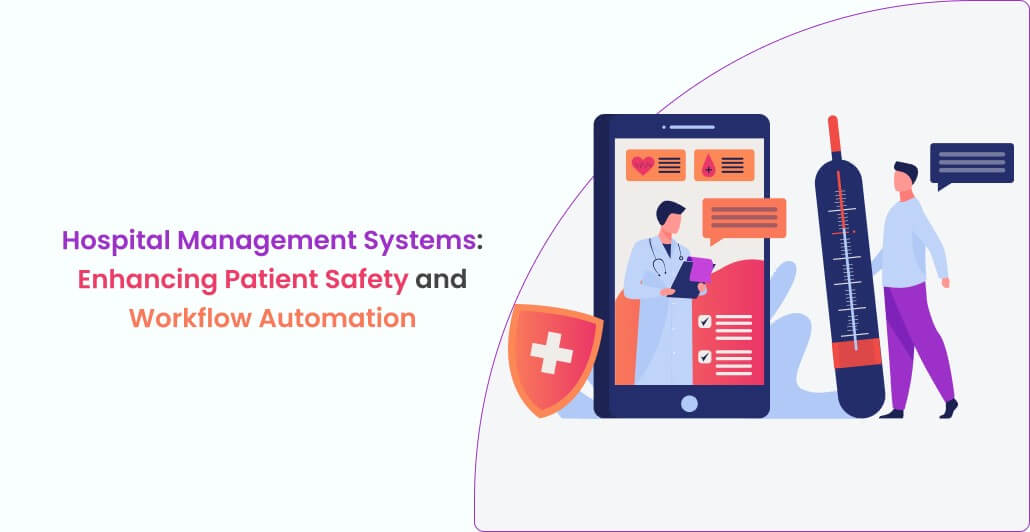Today’s fast-paced healthcare environment poses enormous pressure on providing quality care with minimal operational inefficiencies for hospitals and clinics. Hospital Management Systems, or HMS, have become the most influential technologies in transforming the healthcare sector through streamlined complex operations, patient safety, and automated workflows. These fully integrated software solutions enable healthcare institutions to manage better the imperatives associated with modern medical care.
What is a Hospital Management System?
A Hospital Management System is an integrated software platform that directs and automates the complex processes performed within a healthcare institution. It manages patient data, scheduling appointments, billing, inventory control, and clinical operations. This is a focused improvement on patient care, while also optimizing operational workflows. HMS brings about entirely broad-spectrum benefits for all types of hospitals and clinics.
The Role of Workflow Automation in HMS
The most important application of introducing an HMS is workflow automation. As it is known, healthcare environments are very dynamic in that there are numerous tasks to be executed with precision and speed. Manual procedures may often result in errors, delays, and low efficiency. Flow automation, which Hospital Management System Software provides, covers all the problems by automating intensive and sometimes laborious work, avoiding mistakes a human operator makes during his work at certain stages, and observing timeframes for finishing procedures.
For example, a queue management system for hospitals reduces the waiting time that the patient endures in the service line by automating how the appointments are assigned and the movement of patients at a hospital. This helps not only in improving patient satisfaction but also optimizes the working of the hospital staff by performing other important work.
Enhancing Patient Safety with Hospital Management Systems
The healthcare chain always starts with patient safety, and with HMS, means of risk minimization can be ranked paramount. Features like EMRs and automatic medication management eliminate the possibility of errors such as wrong diagnosis, bad prescriptions, and treatment overlooked.
HMS also involves modules of a hospital management system in monitoring patient care so that critical information can easily be accessed by healthcare providers. Much detail about patient histories such as any medical conditions, treatment, and medication is kept. This way, clinicians can make decisions with ease and fast, thus reducing the chances of medical mistakes.
Many of the hospital management systems of India enable real-time alerts and reminders for the administration of medicine, follow-up visits, and other such activities. Such measures ensure timely care of patients, increased safety, and good results from the treatment given.
Key Features of a Hospital Management System
Hospital management systems are pretty comprehensive and lenient because they tend to provide a wide range of functionalities to facilitate various healthcare requirements. Some of the key features include:
- Hospital Queue Management Systems provide for streamlined appointment scheduling, reduced waiting times, and increased patient satisfaction by streamlining the scheduling process.
- Electronic Medical Records: EMRs keep electronic copies of a patient’s information to ensure security, availability, and sharability across various departments.
- Billing and Financial Management: HMS makes work easier by automating calculations, claims, and payment tracking on matters relating to insurance claims. With precise inputs, there is a reduced burden to the hospital staff in terms of administrative work.
- Inventory Management: Hospital Management Systems update on periodic levels of medical and pharmaceutical supplies. Being apprised, such a system can avert shortages and causes of reorders and stock-outs.
- Patient Registration and Admission: Well-set-up patient registration and admissions ensure that the process is smooth and has trimmed congestion in and out for both patients and hospital staff.
- Laboratory and Pharmacy Management: Hospital Management Systems can also incorporate laboratory and pharmacy operations along with effective communications across the departments.
The Advantages of Implementing a Hospital Management System
Hospital management system benefits are numerous and, although they are far-ranging in comparison to the purpose they serve-that is, patient care and safety enhancement-they contribute to better operational efficiencies and cost saving as well as better utilization of the resources. A few of the most significant advantages are given below:
- Improved Workflow Efficiency: Automated of administrative work such as billing, scheduling, and inventory management helps healthcare providers spend more time with patients.
- Data Security: As patient data is very sensitive, HMS hospital management system software makes sure that this data is kept safe. Moreover, the software also follows the respective laws about data protection.
- Real-time Monitoring: An HMS setup will allow the hospital management to monitor the performance of the hospital in real-time. This will enhance the probability of generating proper decisions that enhance operational efficiency.
- Patient Satisfaction: With the proper application of systems for hospital queue management and correct and accurate record collection of medical data, patient satisfaction is enhanced.
- REGULATORY COMPLIANCE: Hospital management systems in India are engineered to be compliant with region-specific regulatory requirements, thus the ability for hospitals to operate fully within health care standards.
Choosing the Right Hospital Management System
The requirements of your healthcare institution have to come first in choosing an online system to manage hospitals. Different systems contain unique features, and this is why one must identify and choose a system that matches the workflow, size, and patient population of your hospital. Choose a system providing wide support and training capabilities along with its scalability potential when one plans for expansion by hospital growth.
Conclusion
Hospital Management Systems revolutionize the field of health, providing enhanced patient safety, workflow automation, and operational efficiency. With the integration of vital processes of managing the data of the patients, managing appointments, and relating queue management, HMS brings excellence in care to hospitals in an on-time and cost-effective manner.
With continued changes in healthcare, Hospital Management Software in India would thus be more sought after across India and other countries to better serve healthcare institutions while optimizing resource utilization.







